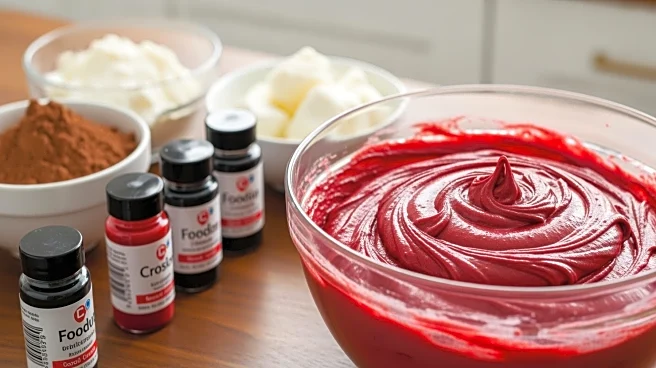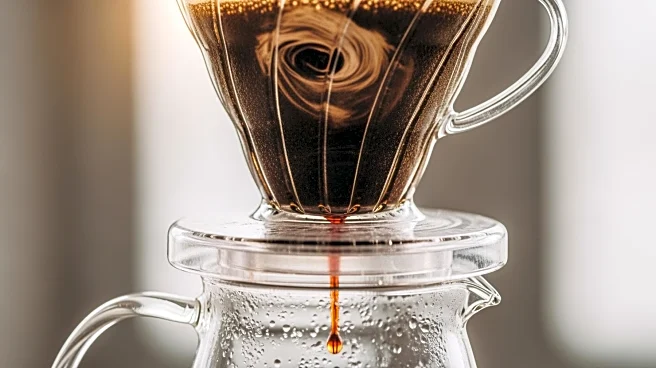What's Happening?
A study published in the Journal of Clinical Lipidology reveals that many patients with statin intolerance self-medicate with supplements to lower LDL-C levels, despite these methods not being effective. The Statin Intolerance Registry study found that 67.2% of participants used self-medication to treat statin-associated muscle symptoms or lower cholesterol. Common self-medications included omega-3 fatty acids and pain relief supplements. The study highlights the prevalence of self-medication among middle-aged women and the need for healthcare professionals to address this issue.
Why It's Important?
Statin intolerance poses significant challenges for patients trying to manage high cholesterol, leading to increased cardiovascular risk. The widespread use of ineffective self-medication underscores the need for better patient education and communication about proven lipid-lowering therapies. Healthcare providers, including pharmacists, play a crucial role in counseling patients on safe and effective treatment options, potentially improving adherence and health outcomes.
What's Next?
Healthcare professionals may need to develop strategies to address self-medication practices and educate patients on the risks and benefits of different treatment options. Further research could explore the motivations behind self-medication and identify effective interventions to support statin-intolerant patients. Public health campaigns might focus on raising awareness about the importance of evidence-based treatments for cholesterol management.
Beyond the Headlines
The study highlights the broader issue of self-medication and the need for regulatory oversight of dietary supplements. It raises ethical considerations around patient autonomy and the role of healthcare providers in guiding treatment decisions. As the use of supplements continues to grow, discussions around safety, efficacy, and regulation will be increasingly important.










